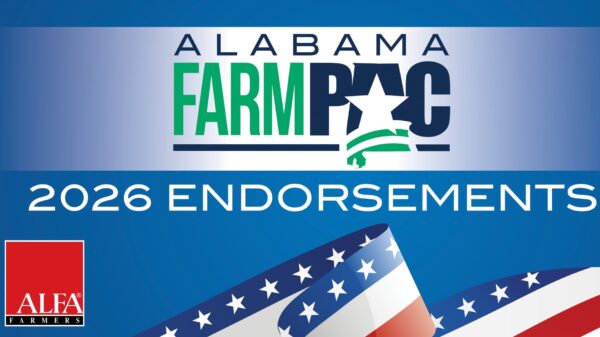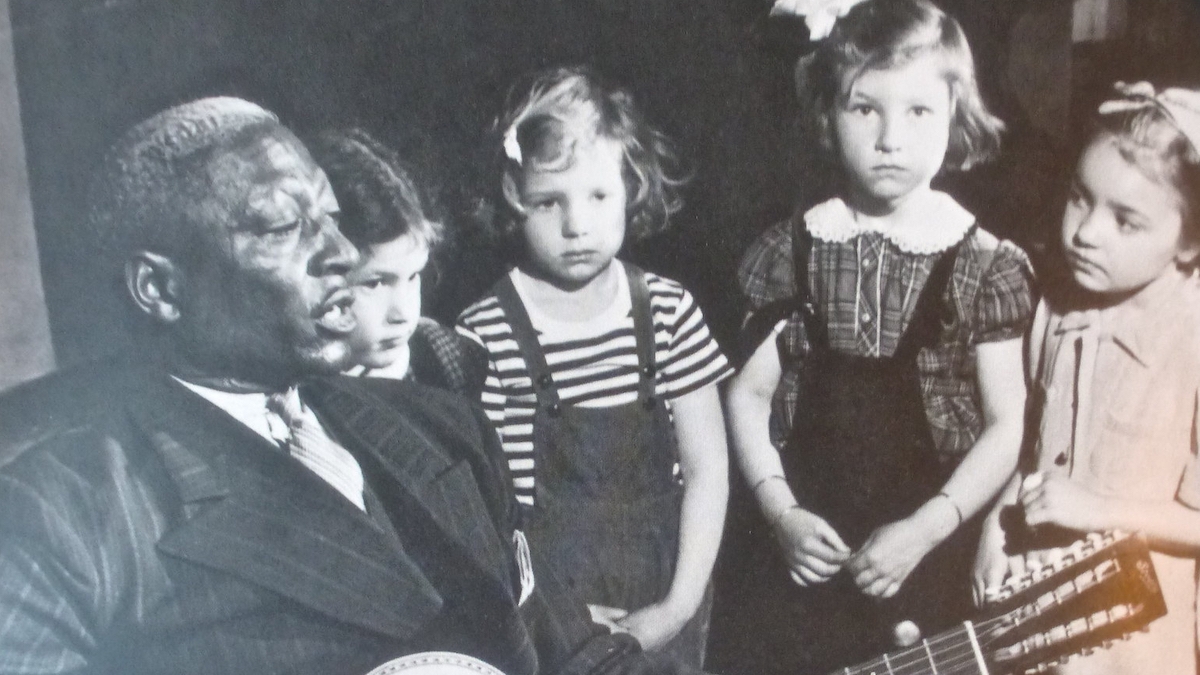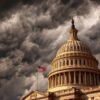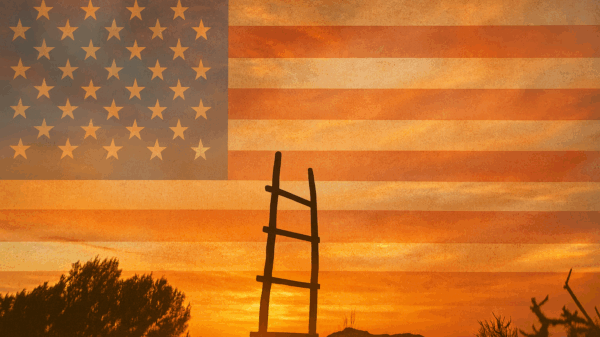New elections laws in Republican-dominated states are drawing the ire of voting advocacy groups, many top names in corporate America and in Georgia, even Major League Baseball.
None of these controversies are original, and the confusion and inequities in voting schemes can be traced back to the nation’s founding.
What is new in the battle over state election laws is the entrance of the nation’s corporate giants.
Individuals who occupy C-suites tend to avoid pubic controversy because it can harm the bottom line. So if Big Business is coming out against GOP plans to alter election laws, then they know which way the winds of public opinion are blowing.
Republicans who generally enjoyed the Chamber of Commerce crowd’s blessings now find themselves at odds with once-loyal allies.
Instead of addressing the issues raised by the corporate entities, GOP leaders have cast the argument in terms of the so-called “Culture wars.”
Senate Minority Leader Mitch McConnell has put companies on notice that there will be “serious consequences” if they act as a “awoke parallel government.”
In a video, Florida U.S. Sen. Marco Rubio called Delta Airlines officials “woke corporate hypocrites.”
Former President Donald Trump called for a boycott of Major League Baseball after announcing it would move its All-Star Game out of Georgia.
“Boycott baseball and all of the woke companies that are interfering with Free and Fair Elections,” the former president wrote. “Are you listening Coke, Delta, and all!”
Isn’t calling for a boycott of companies who advocate positions you don’t agree with “Cancel Culture?”
And what does “woke” mean?
According to Merriam Webster, woke means being aware of and actively attentive to important facts and issues (especially racial and social justice). Is awareness of racial and social justice a bad thing?
The late folk-blues singer Huddie William Ledbetter, better known by the stage name Lead Belly, uses the phase in his 1938 song “Scottsboro Boys,” a song that alerts travelers through Alabama to “stay woke.” The Scottsboro Boys were nine Black teenagers falsely accused of raping two white women in Alabama in 1931.
Instead of name-calling—which now passes for political dialogue—what about discussing the real problem?
Comcast Corp., the parent company of NBCUniversal, and AT&T, and the parent of WarnerMedia, while not directly challenging any particular state law, issued the following statement:
“Voting is fundamental to our democracy. We believe that all Americans should enjoy equitable access to secure elections, and we have long supported and promoted voter education, registration, and participation campaigns across the country to achieve that goal. Efforts to limit or impede access to this vital constitutional right for any citizen are not consistent with our values.”
Comcast’s statement cuts to the heart of the matter acknowledging that voting is a constitutional right and not a privilege as some would have us believe.
When the framers of the Constitution came to the issue of how and who should vote, they delegated that responsibility primarily to the states. While extolling the “Consent of the governed,” the founders were suspicious of majority rule and left it to the individual state to do the dirty work.
James Madison, the primary architect of the Constitution, gave voice to these concerns:
“The right of suffrage is a fundamental Article in Republican Constitutions. The regulation of it is, at the same time, a task of peculiar delicacy. Allow the right [to vote] exclusively to property [owners], and the rights of persons may be oppressed… . Extend it equally to all, and the rights of property [owners] …may be overruled by a majority without property.”
The founders’ failure to act gave rise to the idea that voting was a privilege and not a right because, for decades, only an entitled class of white men with property were permitted to vote.
The idea of privilege stems from a historical suppression of women, Black and poor Americans, Native Americans, and others.
After recently declaring a victory in a state’s voting rights case, Florida’s Republican governor, Ron DeSantis, tweeted: “Voting is a privilege that should not be taken lightly.”
More often, those who want to defend laws that restrict voting rely on the fiction that voting is a privilege. Those who wish to be more inclusive in elections cite voting as a right.
Few argue that freedom of speech is not a right or that gun ownership is only a privilege. Both of these constitutionally enumerated freedoms are by-in-large seen as rights with responsibilities and, therefore, immune to overly burdensome regulations.
The right to vote is found five times in the Constitution and is referenced more often than any other right.
To say voting is a privilege is a thin veil of deception. Yes, there are limitations, and qualifications, on voting but no right is without some stipulations.
GOP lawmakers often say they are making it easier to vote and harder to cheat. Voting rights advocates believe that Republicans are using the false narrative of cheating as a pretext to disenfranchise minorities who overwhelmingly favor Democrats.
Election laws now circulating in Republican-controlled legislature are a result of the lies told during the 2020 presidential election.
For some, it is easier to cite cheating or Russian collusion rather than admit the other guy won.
The founding generation feared majority rule almost as much as the dangers of a monarchy, but when it came to setting sound principles on who should vote, they punted to the states, which is why states are still fighting over voting rights.
If corporate America is woke, it’s because that’s where the country is headed.
As Lead Belly sang: “I advise everybody, be a little careful when they go along through there—best stay woke, keep their eyes open.”




















































